President Joe Biden once criticized Donald Trump’s tariffs on Chinese imports, claiming American consumers were paying them. However, his administration has now announced new tariffs on $18 billion worth of goods from China, marking a significant shift in policy.
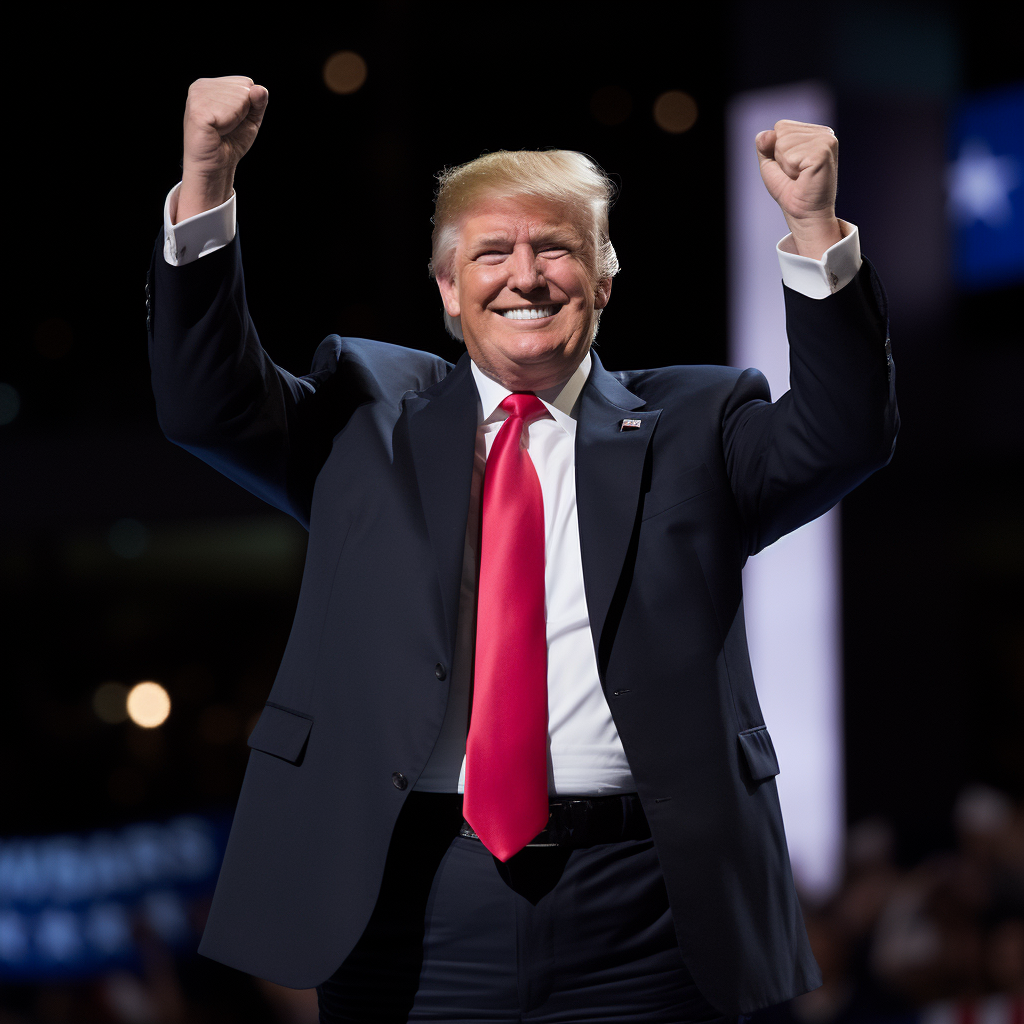
In 2019, Biden accused Trump of not understanding the basics of economics and suggested that Americans paid for Trump’s tariffs. During his campaign in 2020, he vowed to remove these tariffs if elected.
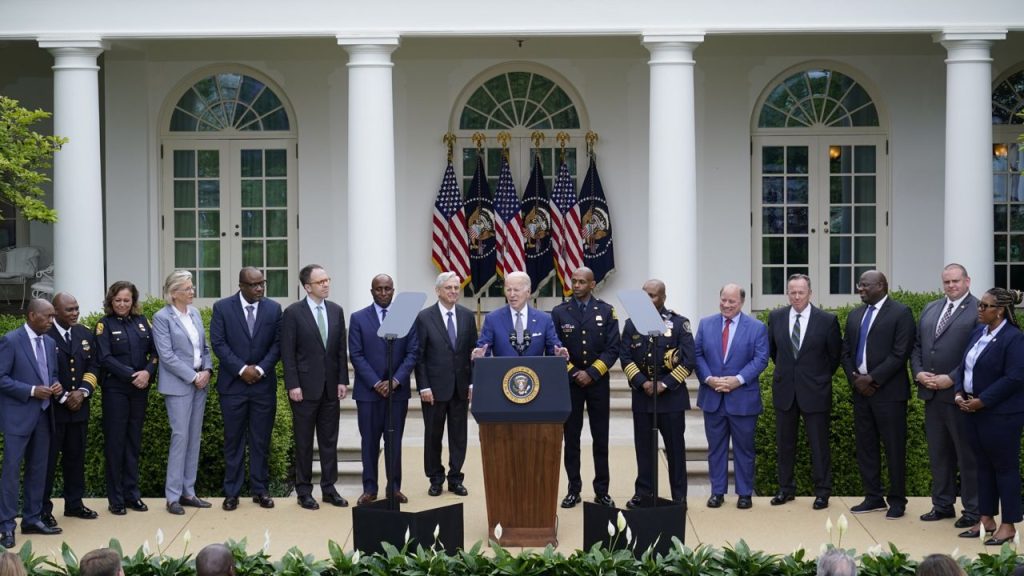
The new tariffs focus on strategic industries, including electric vehicles, solar cells, steel, aluminum, and certain medical equipment. Biden called this a smart approach during the Rose Garden event announcing the new actions.
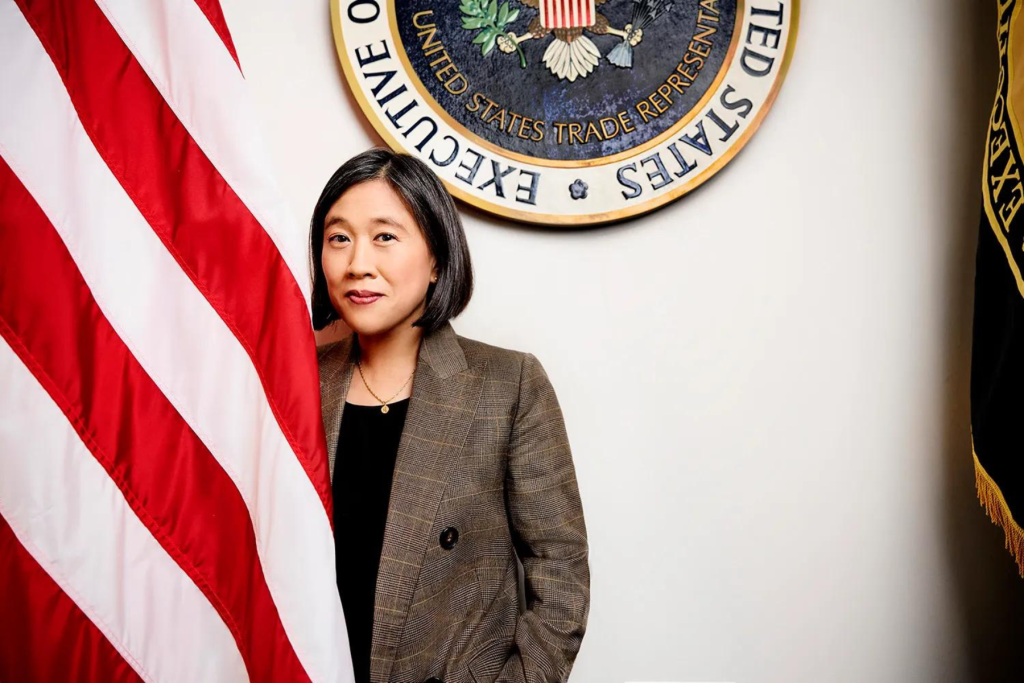
U.S. Trade Representative Katherine Tai defended the continued tariffs, stating that they were necessary to address China’s problematic practices which have worsened since the initial review.

The National Retail Federation has called on Biden to repeal these tariffs, arguing that American consumers are already facing inflation and additional taxes on imported products will only add to their burden.
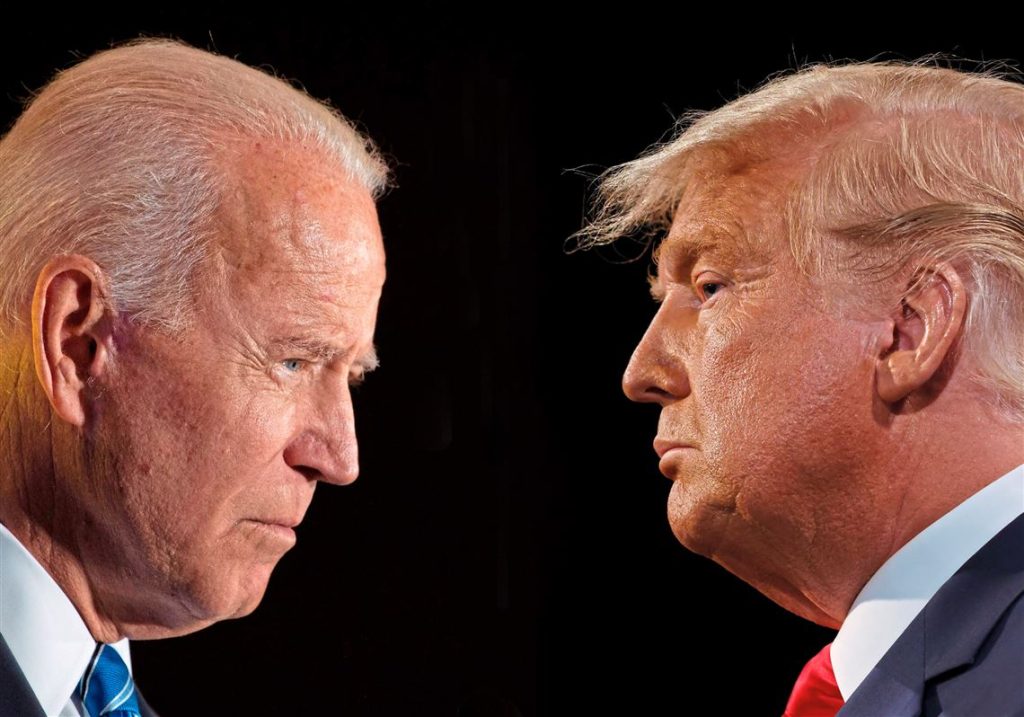
Biden’s shift in policy partly reflects the political environment, with both Biden and Trump competing to appear tougher on China ahead of a potential 2024 rematch.
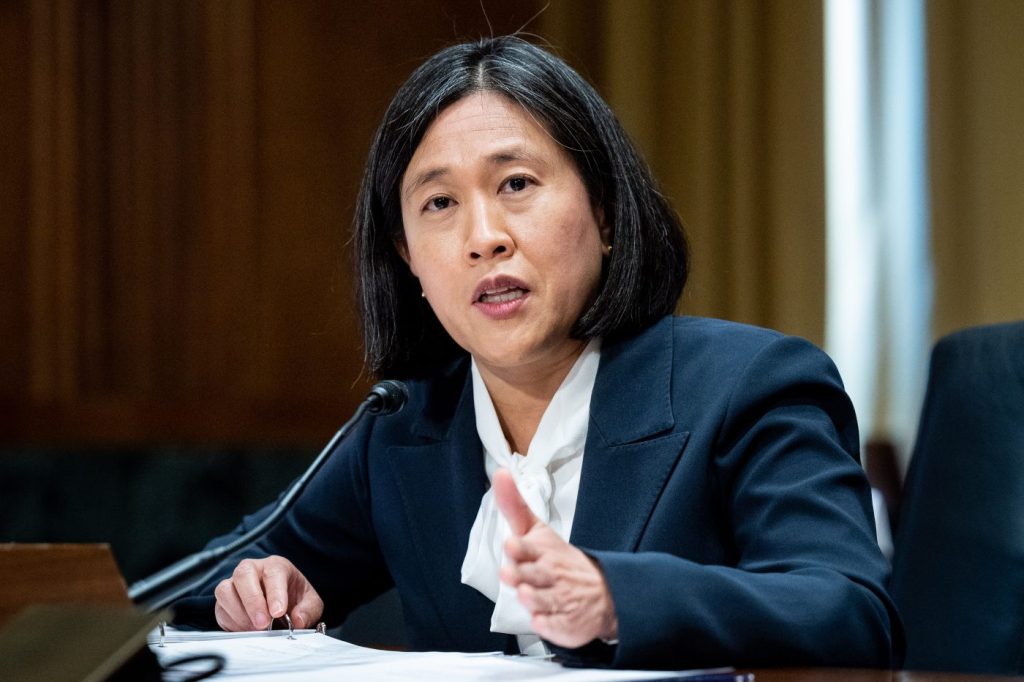
Ambassador Tai argues that China’s economic model is designed to dominate industries and create dependency through state support and subsidies.
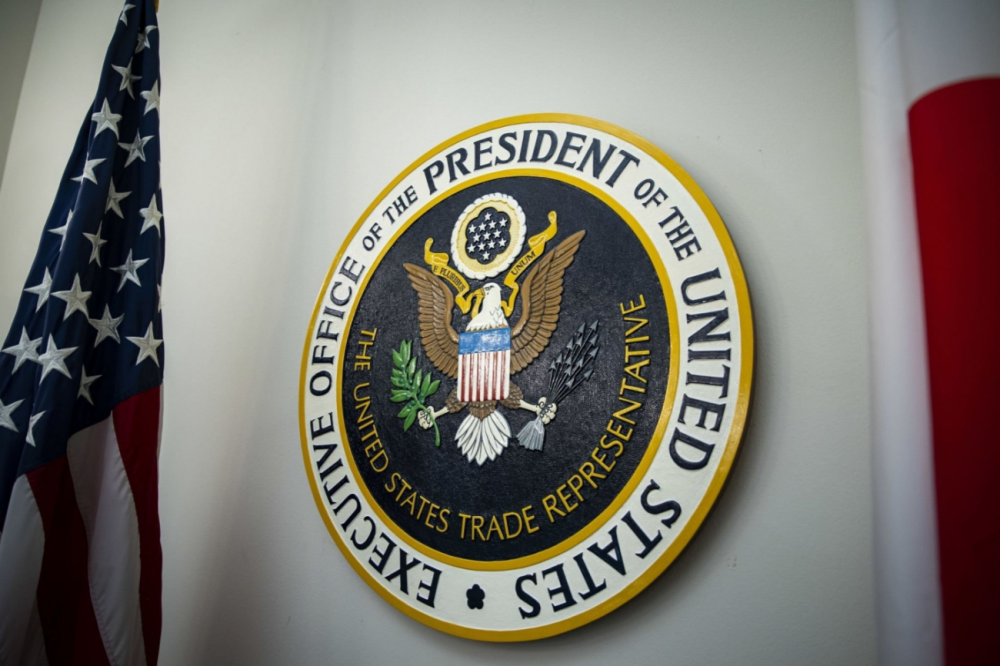
The former general counsel for the Office of the U.S. Trade Representative, Greta Peisch, noted that there was a hope that China would become more free market over time but instead, trade has been distorted by Chinese practices.

Biden’s new tariffs are a response to concerns about China’s unfair trade practices and the threat they pose to American manufacturing and workers.
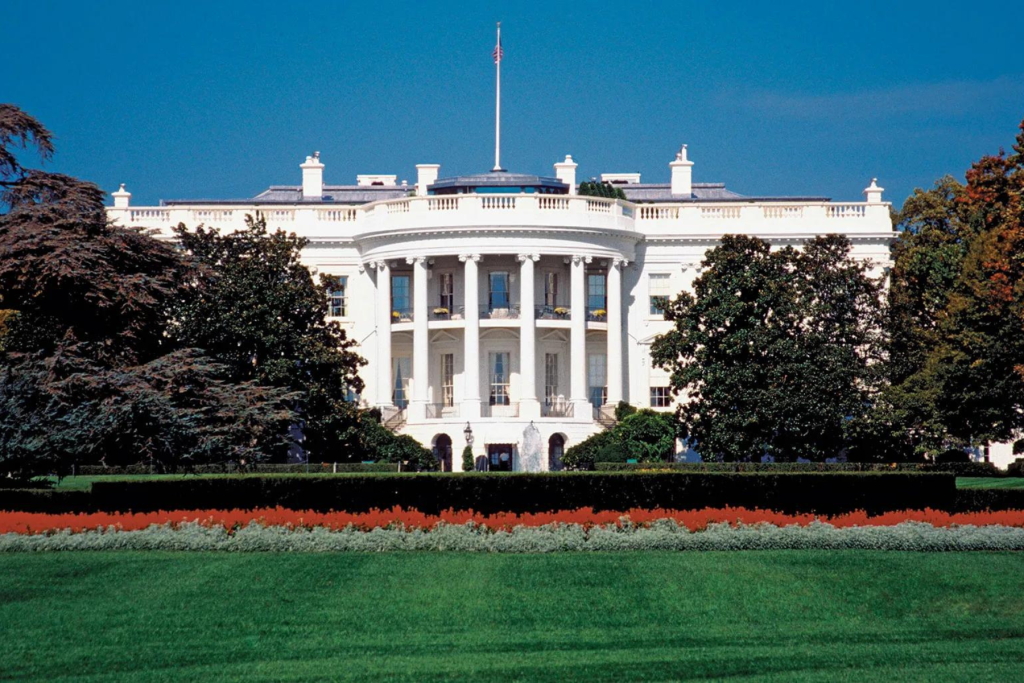
The White House has stated that these tariffs will protect American industries in clean energy, which the administration is targeting with major investments to catch up with China.
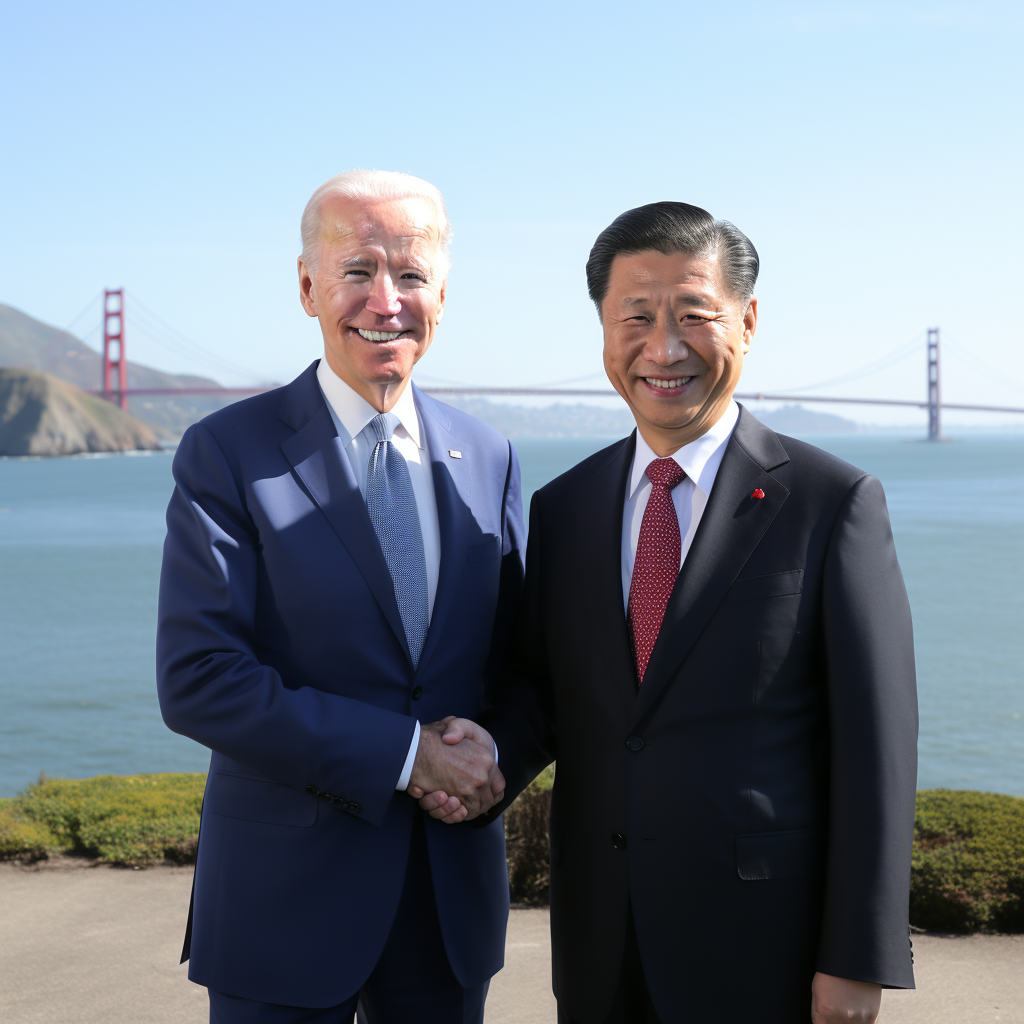
China has strongly criticized the new tariffs, calling them self-defeating and against the consensus reached last November between Biden and Chinese President Xi Jinping.
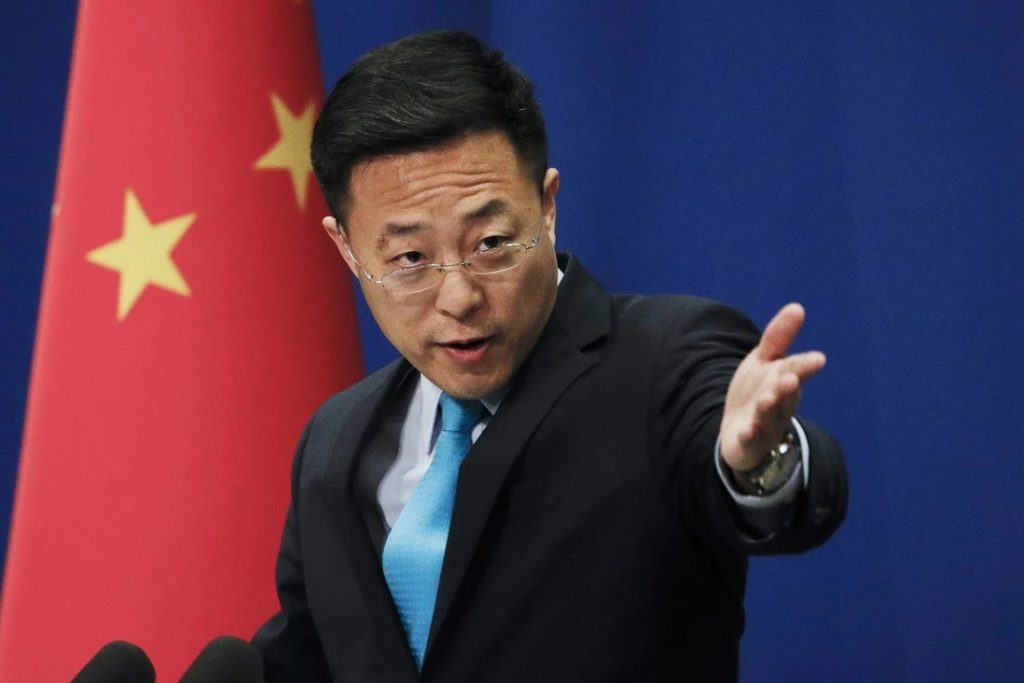
The Chinese Ministry of Foreign Affairs has warned that these tariffs will harm global green economic transition and climate action, urging the U.S. to create enabling conditions for cooperation instead.
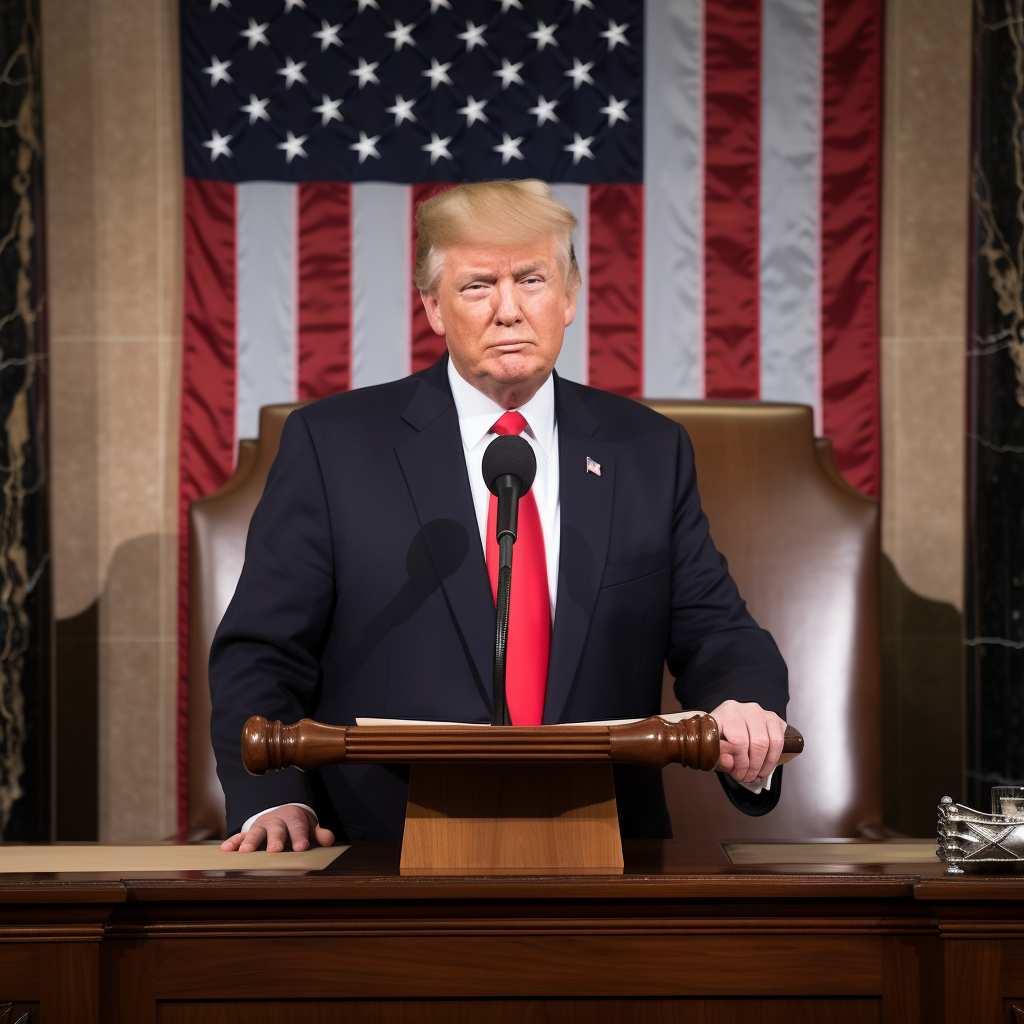
The White House argues that the Trump-era tariffs were necessary to address China’s unfair trade practices and protect American industries, but critics argue that American consumers are ultimately paying the price.
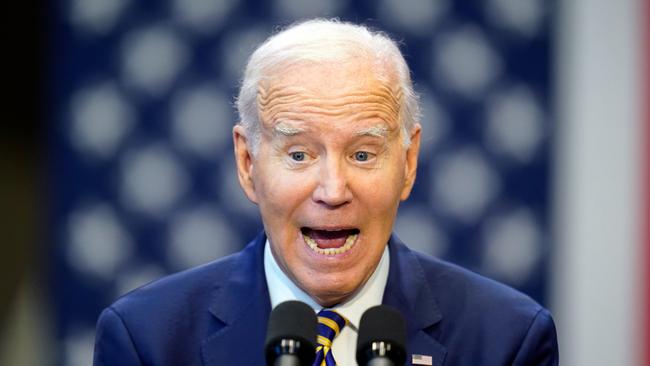
Biden’s change in stance on China tariffs represents a major shift for his administration and underscores the ongoing tensions between the U.S. and China in the global economy.





